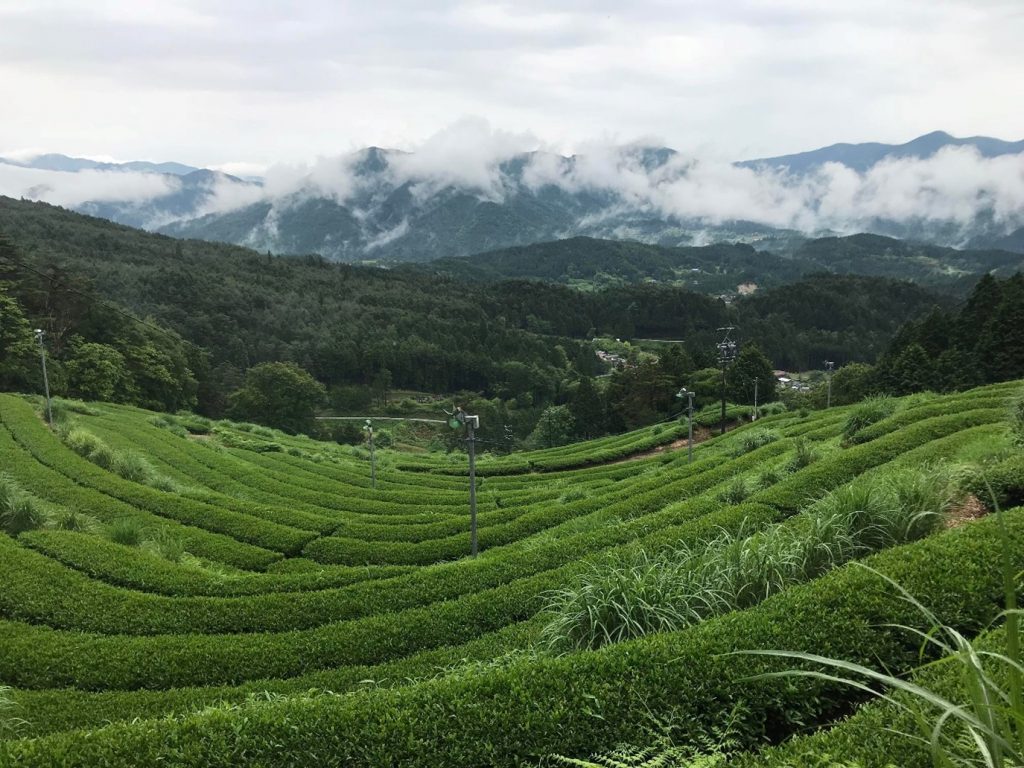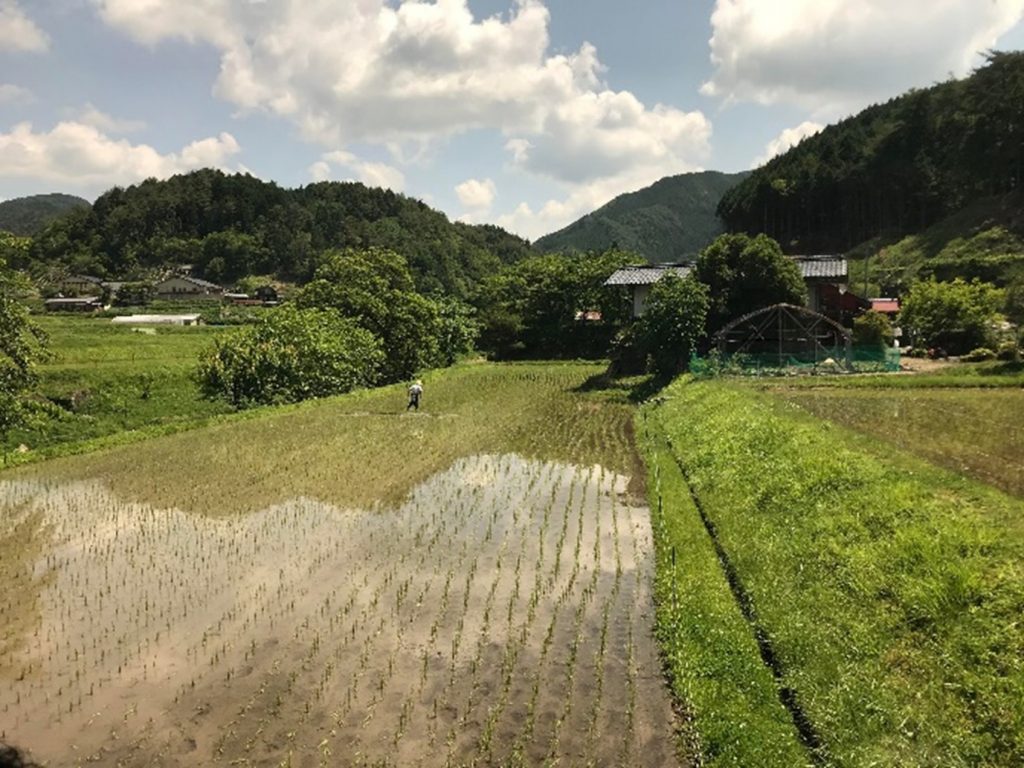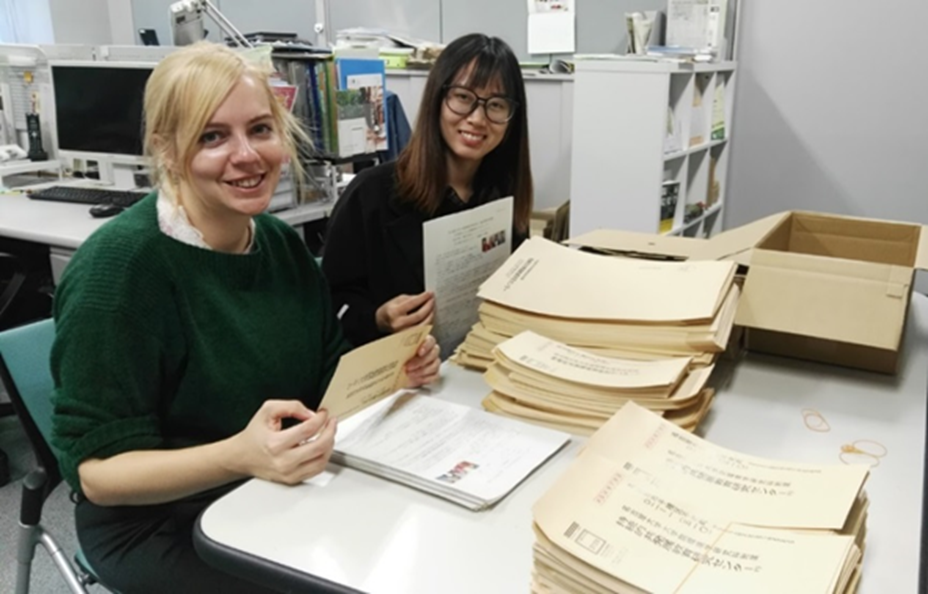by Wendy Wuyts
I am a feminist. I strongly realized this when I lived and did research in Japan and particularly during an onsite training from April 2018 to February 2019. The onsite research training (ORT) was organized by professors from Nagoya University and aimed at teaching students the skills of clinical environmental studies. Together with three other PhD students I was assigned to conduct case studies in Higashi-Shirakawa and Shirakawa-chō in Gifu prefecture. These two towns were introduced to us as suffering from extreme population decline. When we enrolled in ORT in 2018, the professors had already conducted this training for several years in the Ise Bay Bioregion in Japan (Kato et al. 2014). The ‘Onsite research training (ORT)’ is transdisciplinary and stimulates a co-learning and co-designing process. We were encouraged to present both a diagnosis of local problems and then a treatment based on information gathered through interviews and discussions with local experts to understand their tacit knowledge and to combine it with academic knowledge.

Copyright Wendy Wuyts 2018
During a well-planned three-day visit to the two villages, the professors (mostly male) would present local stories. Our task was to document everything in order to make a diagnosis and to select a problem we would focus on in the next six months. We met local government officials, visited farmers (pork, green tea, vegetables), tea factories, taxi drivers and other inhabitants of the villages who talked about their problems and ideas. We met long-term residents and newcomers. Interestingly, most of them were Japanese men. We listened to 30 men, and only two women. In addition, women, including female professors, were put in serving roles. The feminist inside me roared.

Copyright Wendy Wuyts 2018
After these three days, I remarked to the professors that we heard quite biased stories of these villages and asked for more female voices during our next visit. The professors did not understand the need for interviewing women at first, but my experiences in Japan and exchange with feminist students at Nagoya University made me realize the importance of gender analysis in rural or any other place(s) as different gender roles result in different everyday experiences and knowledge about the place people inhabit (West & Zimmerman, 1987). We were later introduced to more women in the field. Their stories and literature on gender in Japanese rural villages and towns provided even more evidence that gender is an important factor when it comes to, for example, community participation.

Copyright Ha Thi Minh Phuc 2018
For our project, we decided to analyze the acceptance of newcomers in the two towns. Rather than attracting newcomers, making them stay, was a challenge in both places. We wanted to find out if this was related to their social acceptance. In October, we designed a questionnaire in order to compare and analyze the acceptance of I-turners, U-turners and people that married locals. We created questionnaires and with the help of the local governments, sent out questionnaires to 800 people (625 in Shirakawa-chō and 175 in Higashi-Shirakawa). The response rate was 40% or more (330/800).
We asked two questions that were inspired by literature on gender relations and previous conversations with men and women in the months before. One question was about community spaces where newcomers and long-term residents can meet. The other was about community events where they could get in touch. We were interested in, if for example, men would answer differently than women. Our analysis found that women more often answered that they think that not enough community spaces are available, while more men said there are not enough community events for newcomers that would foster communication with local residents. These differences are due to the gendered accessibility of community events and community spaces. Thus, our research shows how important a gender perspective is regarding the acceptance of newcomers in rural Japan. By the way: In the following year, the ORT organizers included more “female stories” in the three-day introduction to their onsite research training.
Wendy Wuyts, originally from Belgium, received her PhD in environmental science from the Graduate School of Environmental Studies, Nagoya University. She currently works as researcher in the Norwegian University of Science and Technology. Her research interests include (social impacts of) circularity, sustainable transitions and territorial ecology. Results of this study are not published (yet), but the author still has all the data, the report and posters for seminars, reflections and other notes. You can contact her (wendy.wuyts@ntnu.no) if you want to learn more.
References:
Kato, Hirokazu, Hiroyuki Shimizu, Noriyuki Kawamura, Yasuhiro Hirano, Takashi Tashiro, Hiromi Yamashita, Keisuke Tomita, Mitsuyuki Tomiyoshi, & Kazu Hagihara. (2014), A Prospect Toward Establishment of Basic and Clinical Environmental Studies by ORT (On-Site Research Training) in Shimizu, H. and Murayama, A. eds., 2014. Basic and clinical environmental approaches in landscape planning. Springer Science & Business Media. https://link.springer.com/content/pdf/10.1007/978-4-431-54415-9.pdf, Accessed 10 April 2019.
West, C., Zimmermann, D.H. (1987). ‘Doing Gender’, Gender & Society 1 (2): 125-151.
